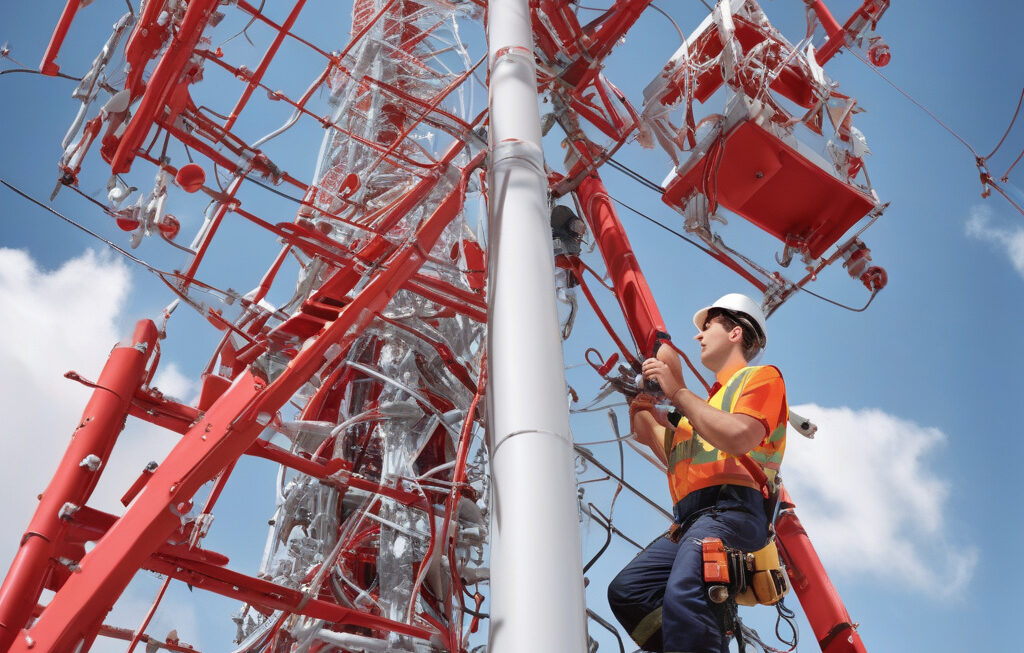Connecting the World: ITU Urges $2.8 Trillion Investment by 2030 to Achieve Global Internet Access
The International Telecommunication Union (ITU) has recently sounded the alarm, warning that achieving global internet access by 2030 could come with a hefty price tag of nearly USD 2.8 trillion. In a new blueprint released by the ITU, it has been emphasized that urgent and substantial investments are needed to connect the remaining 2.6 billion people who are currently offline. This revelation brings to light the stark reality that a significant portion of the world’s population is at risk of being left behind in an increasingly digital age.
The ITU, a specialized agency of the United Nations responsible for all matters related to information and communication technologies, serves as a key player in driving the global digital transformation agenda. With the COVID-19 pandemic further underscoring the importance of digital connectivity for work, education, healthcare, and overall socio-economic development, the need to bridge the digital divide has never been more pressing.
The new ITU blueprint outlines a roadmap for achieving universal, affordable, and high-quality internet access for all by 2030. It highlights the need for strategic investments in broadband infrastructure, digital skills training, and policy frameworks that promote inclusive connectivity. By addressing these key pillars, the ITU believes that significant progress can be made towards ensuring that no one is left behind in the digital revolution.
One of the primary challenges identified by the ITU is the vast disparity in internet access between urban and rural areas. While urban centers tend to have better connectivity and infrastructure, rural and remote regions often face significant barriers to access, including limited infrastructure, high costs, and a lack of digital literacy. Addressing these disparities will require targeted investments and innovative solutions tailored to the specific needs of underserved communities.
Moreover, the ITU emphasizes the importance of multi-stakeholder collaboration in driving progress towards universal internet access. Governments, industry players, civil society organizations, and international partners all have a role to play in mobilizing resources, sharing best practices, and implementing policies that promote digital inclusion. By fostering a collaborative ecosystem, stakeholders can leverage their respective expertise and resources to accelerate progress towards the 2030 target.
In light of the staggering USD 2.8 trillion price tag associated with achieving global internet access, innovative financing models will also be crucial. Public-private partnerships, impact investing, and development assistance can all play a role in mobilizing the necessary funds to support connectivity initiatives in underserved regions. By harnessing the power of finance and technology, countries can unlock new opportunities for growth, innovation, and sustainable development.
As we look towards the future, it is clear that universal internet access is not just a matter of connectivity but a fundamental enabler of human progress. By investing in digital infrastructure, skills, and policies, countries can empower their citizens to participate fully in the digital economy, access essential services, and unleash their full potential. The ITU’s call to action serves as a timely reminder that we must redouble our efforts to ensure that the benefits of the digital revolution are shared by all.
In conclusion, achieving global internet access by 2030 is a monumental task that requires collective action, strategic investments, and unwavering commitment. By heeding the ITU’s warning and embracing the challenge head-on, we can create a more inclusive and connected world for future generations to thrive.
#ITU, #InternetAccess, #DigitalInclusion, #GlobalConnectivity, #DigitalTransformation












